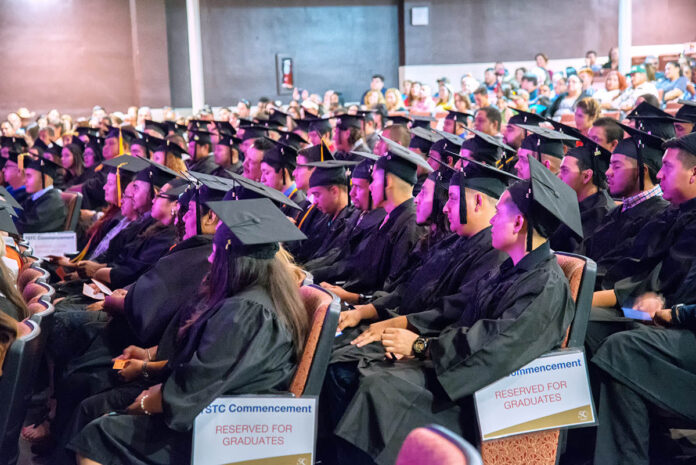We applaud the University of Texas Board of Regents on their recent creation of an endowment to provide further tuition assistance for students at the UT Rio Grande Valley and other system institutions.
UT officials last month announced the creation of a $300 million endowment that will fund a new program they call Promise Plus. It extends the existing Tuition Advantage program that currently pays tuition costs for students whose families report less than $100,000 in gross family income. Promise Plus raises that threshold to $125,000. Officials say the new income limit covers about 90% of all South Texas households.
The system historically has had several programs that have aimed to enable lower-income students to pursue degrees and improve their chances of improving their families’ economic condition. Some of those programs, however, paid for those programs by raising tuition for students above set family income thresholds, in essence penalizing those who lived in better economic conditions.
An endowment, however, uses seed money — in this case $300 million — and places it in savings and investment accounts. Interest, dividends and other revenue from those accounts funds the program’s benefits, leaving the seed money to continue earning revenue for future students. The account is expected to grow over time, thus providing the benefits to more students as time goes on and university enrollment grows.
Promise Plus will help students at seven UT institutions; a separate program benefits UT-Austin students.
The cost of attending a university education historically has been one of the fastest-growing expenses families have to face, outpacing income growth in some cases exponentially. That rapid rise has led many families, and even economic analysts, to question whether the benefits of a college education are enough to continue justifying the expense.
Programs such as Tuition Advantage and now Promise Plus can help offset that increase, keeping a degree within reach of more families. And despite questions about the cost, a degree still has proven to be worth $250,000 or more over the course of a person’s career. In addition, other benefits might not appear on a paycheck; for example, white-collar and high-tech jobs are more likely to offer employer-paid insurance, retirement fund matching and other perks that reduce family expenses.
Such programs are especially welcome in South Texas, where many degree programs have been established only recently, and where the growing aerospace industry is creating previous nonexistent career opportunities but inspiration for students to pursue such fields of study. These developments are just now starting to reverse the “brain drain” that has plagued the region, where top talent has moved away because career opportunities couldn’t be found here.
To be sure, a college degree doesn’t guarantee success, and many people have been successful and happy without them. Furthering one’s education, however, usually increases a person’s options.
Programs to make college enrollment more affordable are welcome. With them, the decision to pursue a degree for more people can be based on choice, rather than on a lack of opportunity.





